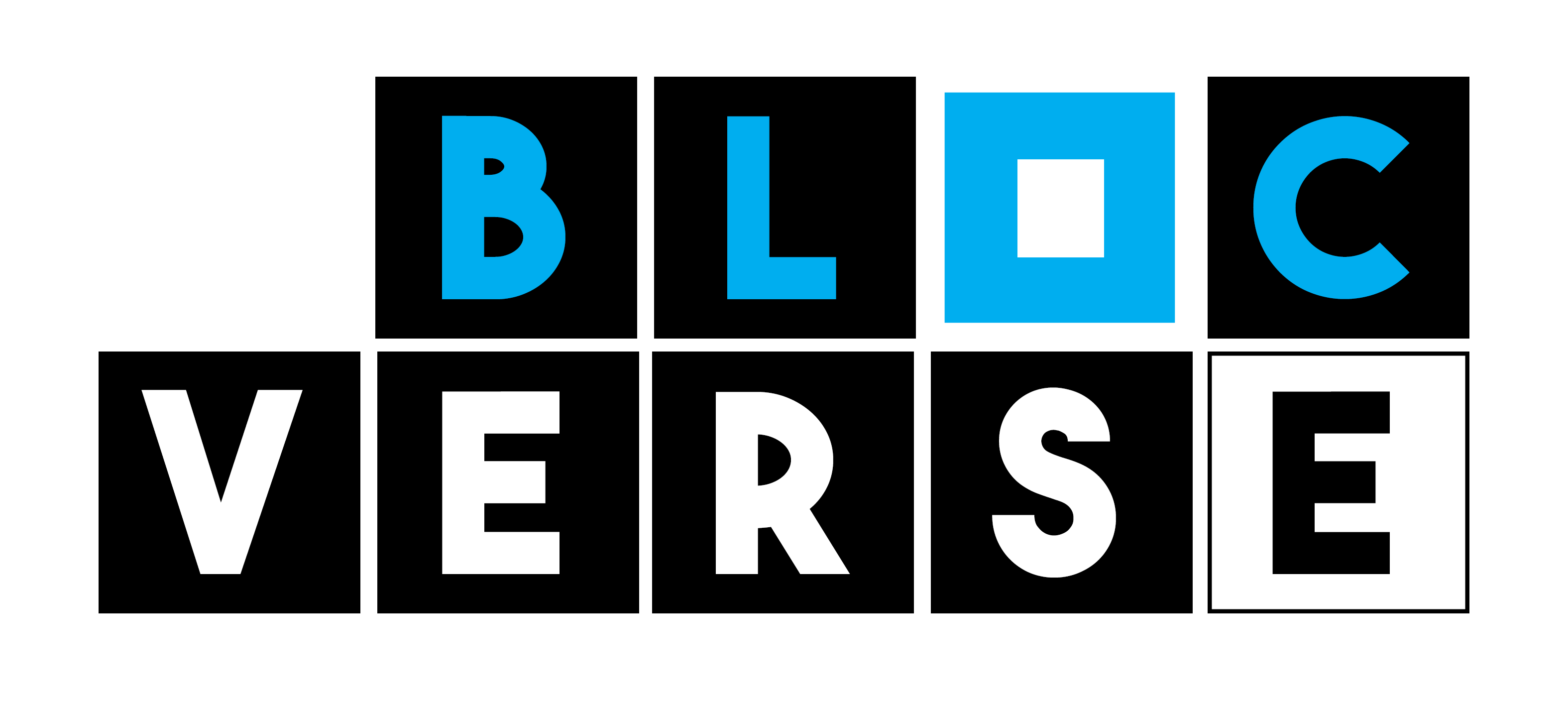The Rise Of DAOs
Decentralised Autonomous Organizations (DAOs), as the standard of collaborating and collectively creating in Web3, have become an integral part of the Web3 ecosystem.
This creates a need for the right tools to manage DAOs seamlessly because success depends mainly on how effectively members of the Organization can contribute to its growth.
One such tool is Opencord.
Opencord: The Open “Cord”
Opencord is a web3 native social platform that puts DAO functionalities in one place, from voting to proposals to discussions; it provides a one-stop experience for DAO workflow.
Opencord natively supports Web3 functions such as connect-wallet-to-login, token-gating, NFT avatars 🤭, and, of course, the user’s data is always their own and under their control.
“The mission of Opencord is to become the open ‘cord’ that connects DAOs, DApps and DAO friends, making Web3 more accessible for everyone.”
Opencord Features
The following are the features of Opencord:
Web3 Identity Friendly
- Opencord natively supports connecting wallets using ENS usernames and NFT avatars.
- Seamlessly track and display NFT collections, POAPs, etc.
- Support for searching for friends with either wallet address or ENS.
Easy Token Gating
- Opencord natively supports token-based authorisation without configuring complex bots.
- Automatically assign roles and permissions based on the user’s held tokens and NFTs.
- Support for logical gating and multiple chains.
One-stop DAO workflow
- Discussions, proposals, and votes can all be done in one place.
- Interact directly with DApps and DAO tools; no need to cut through links and bots.
- Create personalised communities by embedding web pages and plug-ins, offering unlimited possibilities for community members.
Open Ecosystem
- Multi-platform support (iOS, Android, macOS, Windows, Web).
- Provide open APIs and plug-in development SDK.
- Developer-friendly development documentation.
Using Opencord – Basic Stuff
With its discord-like interface, community managers used to using discord would find Opencord easy to navigate.
This walkthrough covers basic things like authentication, creating a server and token-gating using Opencord on the macOS desktop app.
Authentication on Opencord – With Metamask
Users can authenticate with either Metamask, WalletConnect or their email. Authenticating with your email would require an extra step to connect a wallet to your account.
User profile displaying crypto and NFT assets
As mentioned earlier, Opencord has native web3 identities support, which means users can view their crypto and NFTs on their profile page.
Here’s what it looks like:
Creating a Server
Similar to discord, your DAO or Community on Opencord lives in a server where you can have multiple channels, roles and categories.
We’re creating a sample server named “Blocverse Blog DAO”. Here’s what the process looks like:
Adding an NFT (ERC721 token) to your server
Before we add token-gating to our server, we need to tell Opencord the token to check for before authorising access.
The token can be an ERC20 or ERC721 token (NFT).
For our walkthrough, the token is an NFT. Here’s what adding a token looks like [without configuring any bots or plugins 😃]
Token-gating Your Server
Now that Opencord is aware of our token let’s token-gate.
The following setup requires everyone who wants to join our server to own a “Blocverse Blog DAO NFT” NFT.
The operator “>” combined with the value “0” means every user must own at least one “Blocverse Blog DAO NFT” NFT.
To use logical token-gating, you can use the connector option to keep adding checks.
Verifying our Token-gating setup
Joining with an account that doesn’t own the “Blocverse DAO NFT” NFT fails as expected.
Managing DAOs and Web3 communities easier with Opencord
“Opencord aims to make creating and managing DAOs and Web3 communities as easy as setting up a group chat. Using a progressively decentralising approach, Opencord is focused on creating a fully decentralised ecosystem built, operated and owned by users. The ecosystem’s growth will also be facilitated by its tokenomics, where users and communities will work in a supportive, open and inclusive environment.”
To learn more about Opencord, it’s an ecosystem and how it can make managing your DAO/community easier, check out:


